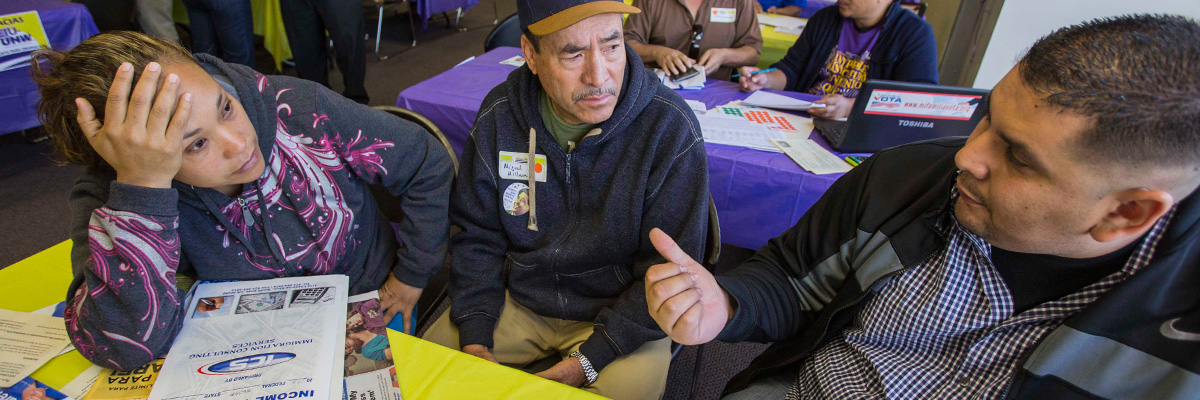
On March 4, the Supreme Court will hear arguments in the King v. Burwell case, a challenge to the Affordable Care Act that could drastically alter the course of the Obama administration’s landmark law. The plaintiff argues that the law prohibits residents of states without state-run health insurance marketplaces (also called exchanges) from receiving federal tax credits and cost-sharing reductions, while the government argues that this is a misreading of the statute.
A ruling in favor of King could derail many of the ACA’s gains in states where the federal government has played a role in running the new nongroup exchanges. We estimated the implications for coverage, premiums, household financial burdens, and medical spending if tax credits and cost-sharing reductions are eliminated.
- What could happen to coverage and premiums in a ruling for the plaintiff? An estimated 8.2 million people would lose insurance coverage—a 44 percent increase in the number uninsured. A King victory would eliminate billions in tax credits and cost-sharing reductions in the 34 affected states, decreasing affordability and coverage. With healthier, lower cost people leaving the market and remaining individuals shifting into less comprehensive coverage, the average nongroup premium would be 35 percent higher than under the law as currently implemented. In this scenario, the nongroup market would cover far fewer people than it would have had the ACA never been implemented.
- Who could lose insurance? An estimated 9.3 million people would lose tax credits, two-thirds of whom would become uninsured. More than 60 percent of those who would lose insurance are white, non-Hispanic; more than 60 percent live in the south, and more than 80 percent are low- and middle-income, but not poor. In order to keep the coverage they would have under current rules, individuals and families would have to pay substantially more—and most would choose not to. Furthermore, without tax credits and facing very high premiums, fewer parents would seek marketplace coverage, at the same time missing an opportunity for their children to be screened for and enrolled in public insurance.
- What could happen to medical spending for the uninsured? Hospital, physician, prescription drug, and all other medical service spending for the uninsured would decrease by 35 percent—and possibly even more. Health care spending in 2016 for those losing coverage would fall from $27.1 billion to $5.3 billion paid by the uninsured and up to $12 billion in uncompensated care, with actual level of spending dependent upon whether government and providers continue to contribute to uncompensated care at historic rates. The decrease in expenditures would adversely affect the amount of health care received by those losing coverage and health care providers’ revenues.
Unlike regulatory changes that could take years to go into effect, eliminating financial assistance would make coverage unaffordable to those affected immediately and would cause tremendous disruption in private nongroup insurance markets. Photo by Ringo H.W. Chiu/AP
Tune in and subscribe today.
The Urban Institute podcast, Evidence in Action, inspires changemakers to lead with evidence and act with equity. Cohosted by Urban President Sarah Rosen Wartell and Executive Vice President Kimberlyn Leary, every episode features in-depth discussions with experts and leaders on topics ranging from how to advance equity, to designing innovative solutions that achieve community impact, to what it means to practice evidence-based leadership.